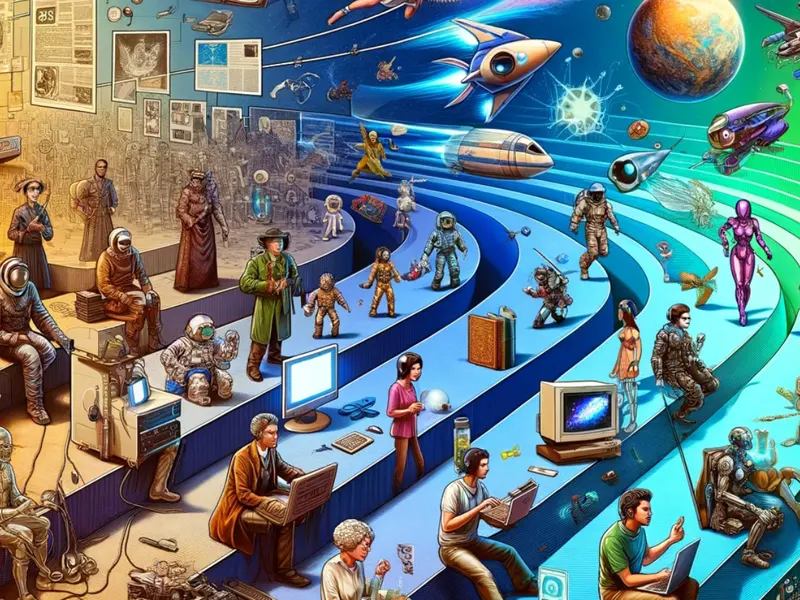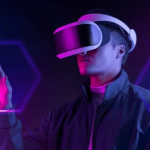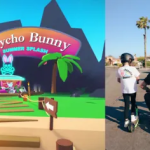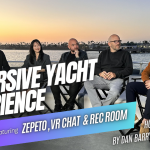The history of metaverse gaming, particularly its intersection with marketing and advertising, is
a fascinating evolution that mirrors the growth of the internet and digital media.
Metaverse gaming began as an extension of early virtual world experiences. Games like “Second
Life,” launched in 2003, allowed users to create avatars and explore virtual spaces, giving birth
to one of the earliest metaverses. These platforms quickly attracted the attention of marketers,
who saw the potential to reach consumers in a new, immersive way. Brands like Coca-Cola,
Nike, and BMW created virtual experiences and even digital product lines within these games.
As gaming technology advanced, the metaverse concept expanded. Massively multiplayer online
games (MMOs) like “World of Warcraft” and “EVE Online” created sprawling worlds with their
own economies, which marketers could leverage for in-game advertising. Virtual billboards,
branded items, and sponsored events within these games became common.
The advent of more sophisticated virtual and augmented reality technologies further propelled
the concept of metaverse gaming. Games like “Pokémon Go” showed how AR could be used for
location-based advertising, where real-world locations were sponsored by brands to drive foot
traffic and engagement.
In recent years, platforms like “Fortnite” and “Roblox” have pushed the boundaries of metaverse
gaming by hosting virtual concerts and events, integrating brand partnerships directly into the
gameplay. This allows for a more organic form of advertising that can enhance the gaming
experience rather than interrupt it.
With the rise of blockchain technologies and Web3, the metaverse gaming scene is shifting
towards more decentralized models, where players can own assets as non-fungible tokens (NFTs)
and participate in play-to-earn models. This opens up new avenues for marketers to engage with
audiences through branded NFTs and virtual economies that intersect with the real world.
Throughout its history, metaverse gaming has provided a dynamic canvas for marketing and
advertising, allowing brands to create deeply engaging and interactive campaigns that transcend
traditional media. As technology continues to evolve, the fusion of gaming, marketing, and the
metaverse is expected to grow even more innovative and immersive.












